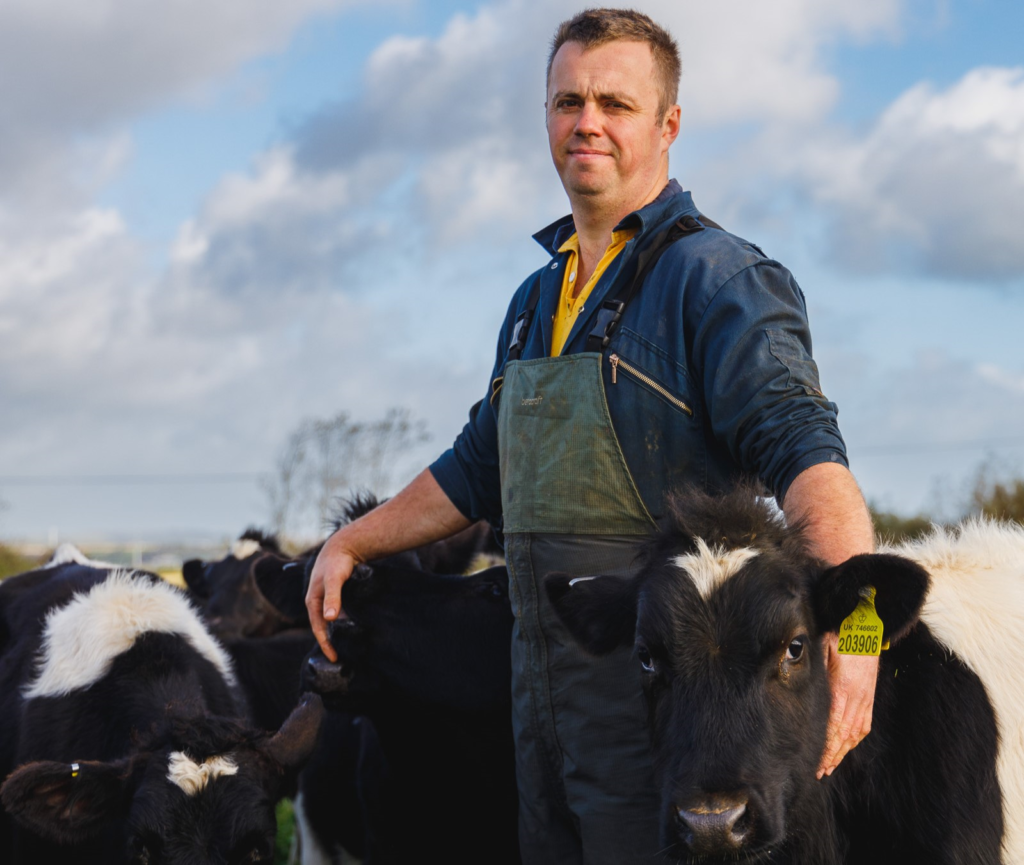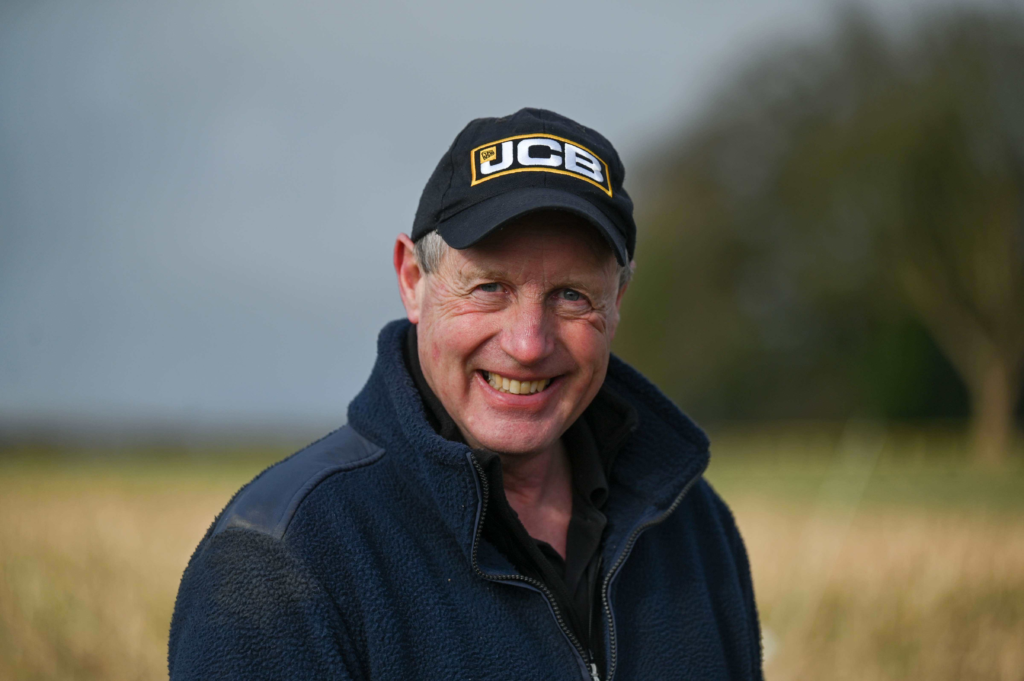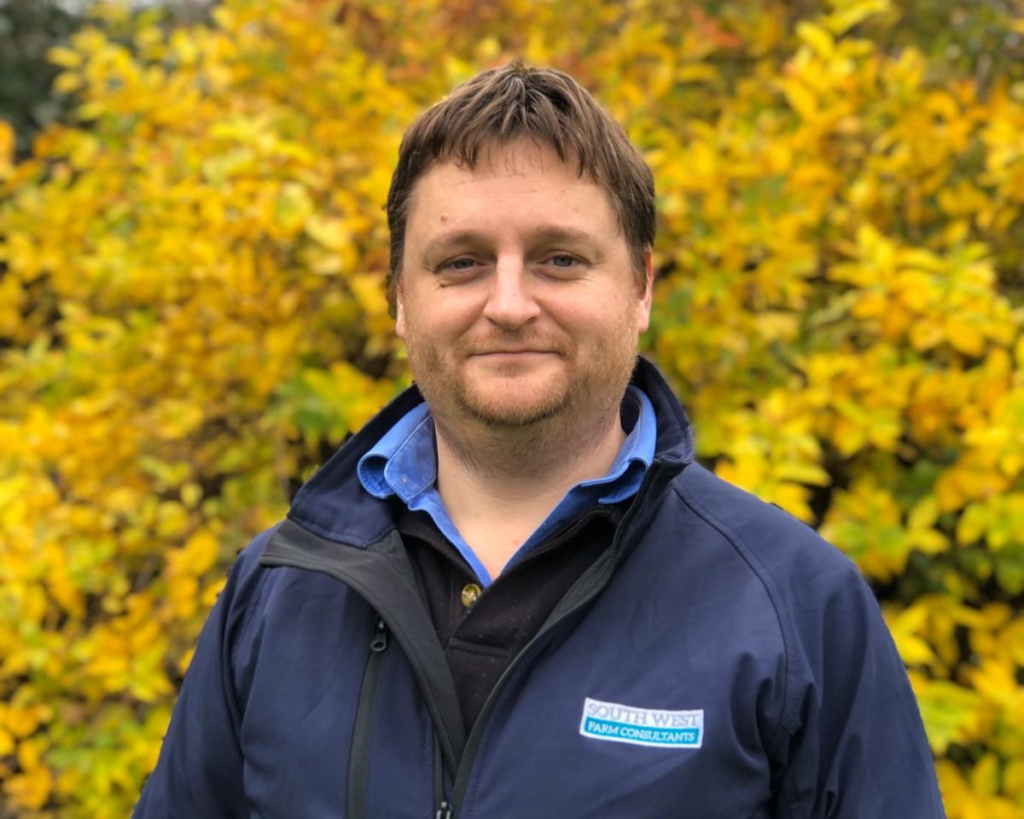
We are excited to announce our plans for this year’s Farm Carbon Toolkit Annual Field Day, this year to be held at the Hendred Estate, Wantage, on the 21st September.
This event is a day for farmers, sharing their experiences for improving performance and resilience in a challenging environment. During the day we will showcase all the ways in which farmers are already changing farming practice to respond to the need to reduce emissions and build on farm carbon within their businesses. We will share our insights from supporting farmers to reduce GHG emissions and remove carbon into soils and biomass, involving key elements of the transition to a nature friendly decarbonisation of agriculture.
FCT Annual Field Day 2023 schedule now available
You can now find the plan for the day here!
Here you’ll get an idea of the shape of the day and the major topics and themes to be covered. It’s set to be a useful day, with lots of take home ideas, and space for discussions and questions.
Our fantastic selection of speakers will share key insights into areas where emission reductions can be made and farm resilience built.
During the day we will have the following sessions:
- Grazing clinic
- Crop cultivation and diversity
- Feed: Self-sufficiency
- Benefiting from private markets for carbon and biodiversity
- Fuel and energy
The day will also include a breakout ‘calculator clinic’, the Carbon Farmer of the Year awards (a new competition which we launched this year), and an opportunity to see the Six Inches of Soil trailer.
Speaker bios
Grazing clinic
Andrew Rees

Andrew Rees owns and operates a grass based spring calving dairy farm with his family in Pembrokeshire. In recent years he has taken a more soil centric approach to running the farm with the introduction of more diversity into grazing leys, significantly reducing chemical fertiliser inputs and changing grazing practices.
Soil Farmer of the year runner-up in 2022, Andrew is aiming to produce nutrient dense food regeneratively within the capabilities of the farm ecosystem. Andrew aims to reduce the farm’s risk to matters outside of its control such as escalating input costs and extreme weather events. He’s not not afraid to try new things, examples this year include rearing replacement heifers on nurse cows, bokashi composting and 18 species grazing cover crop mixes.
@AndrewMoorfarm
James Daniel

James has experience across a wide range of soil types, enterprises and business structures bringing a thorough understanding of pasture-based livestock systems to all work from business planning to regenerative farming system design.
Founding Precision Grazing in 2016 he works across the UK helping farmers to implement and manage effective livestock grazing systems leading to a reduction in costs, lower carbon footprint, improved productivity and profit.
@precisiongraze & @grazingjames. Facebook: Precision Grazing
Tim Williams

Tim Williams farms 400 acres over three properties, the central operation being a contract farming operation on Erth Barton farm (part of the Antony Estate in SE Cornwall), where over the last three years he has transitioned 300 acres of ex-conventional arable into a no-input, regenerative, livestock based system, running a 65 cow suckler herd supplemented with bought in stores.
The zero-input system relies on complex herbal leys, rotational grazing and biological inputs such as compost teas and extracts. His time between farm management, advisory work and educational workshops. Tim and his wife have recently set up ‘Mamm’, a field to table cafe on Crocadon Farm and he also grows heritage grains marketed directly as flour to local bakeries.
www.timwilliams.farm, www.instagram.com/erth_farmer
Crop cultivation & diversity
David Miller

David grew up in Essex and left school in 1975 at the age of 16. He worked on the same farm with his father and completed a City and Guilds day release course at Writtle College. David then moved up to a foreman’s job on a neighbouring farm., and in 1998 he moved to Hampshire to take a Manager’s post which then evolved into the joint venture of Wheatsheaf Farming in 2002. In 2004 David was awarded a Nuffield Farming Scholarship and travelled to Australia, New Zealand, Sweden and Hungary studying labour recruitment, training and retention.
In 2010, after 35 years of chemical dominated crop production, soil and biology has become the centre of his attention with solutions being sought from places other than just bags and cans.
In 2021 Wheatsheaf Farming became the Strategic Farm South for the AHDB with the objective of looking at practices and principles to continue the journey into regenerative agriculture beyond cover crops and no till.
@fowell103
Feed- Self-sufficiency
Michael Carpenter

Originally from Somerset, where he worked in dairy and beef farming, Michael went on to study agriculture at Harper Adams before embarking on a career across a broad base of the livestock industry, beginning with Genus Breeding, and later switching to the feed industry and National Beef Association. Throughout, hes increasingly questioned whether the feed industry was working in the farmer’s best interests, paving the way for him to join Kelvin Cave Ltd, 18 years ago. Today, he is technical director for this feed and forage preservation company, which is a driving force behind the innovative preservation of home-grown feeds.
Against the might of the feed industry, he has helped encourage farmers to ditch bought-in compounds whenever possible and maximise the nutrient value of what they grow on farm, cutting costs of production and promoting farm-to-farm trading of home-preserved feeds. With a particular interest in UK-grown proteins, he is taking the lead role for Kelvin Cave Ltd in the NCS project (Nitrogen Efficient Plants for Climate Smart Arable Cropping Systems).
Tim Parton

Tim Parton is a Farm Manager in South Staffordshire in the UK farming 300 ha. Tim farms in a biological way maximizing the value of nutrition to get the best out of the crops. He does not use insecticides, seed treatments, growth regulators or fungicides, as when the plant is balanced the need for synthetic inputs drops away. Tim has won many awards including Soil Farmer of the Year 2017, Arable Innovator of the Year 2019, Sustainable Farmer of the Year 2019 and Innovation Farmer of the Year 2020.
Benefiting from private markets for carbon and biodiversity
Nick Down

Nick Down is the Farms Manager for Yattendon Estates & Head of Sustainability for Velcourt Ltd. After graduating from the University of Plymouth and following a year working overseas, Nick has been managing farms in the North Wessex Downs for the last sixteen years, having grown up on a dairy farm in Mid Devon. Currently managing the farming business of the Yattendon Estate, Nick is overseeing the transition to a more sustainable farming system, incorporating more space for nature and enhancing carbon sequestration under an ambitious environmental delivery program. The farm business now forms part of the LEAF demonstration farm network, one of 42 farms across the UK showcasing best practice through an integrated farm management approach.
Nick is a member of the Upper Pang Farmer Cluster working collaboratively with 8 local farmers and land owners, aiming to bring environmental delivery at a landscape scale, and is also a member of the Berkshire Local Nature Partnership. Nick also acts as the Head of Environmental Sustainability for Velcourt who manage 57,000 hectares of farmland, for 120 clients across the UK. This role is encompassing the areas of environmental land management and countryside stewardship, net zero strategy, natural capital and ecosystem service markets.
Fuel & Energy
Andy Bradford

The Bradford family have been farming a Duchy of Cornwall estate since 1969. Their prime activity is beef farming with a South Devon suckler herd and emphasis on managing the wildlife rich landscape as they aim to diversify into sustainable tourism in an ethical and environmentally conscious fashion. They have an open access policy, welcoming visitors to enjoy the rich biodiversity around the farm.
Diversification began in 1975 with a Farmhouse Tearooms, and further diversification in the 1980’s which included conversion of traditional farm buildings into accommodation and conference facilities.
In 2005 during a study trip to Switzerland Andy realised the potential of biomass as a source of renewable energy and on this trip thoughts turned to how well this model would suit the Dartmoor region. Dartmoor Wood-Fuel Co-operative was established in 2009 by a group of like-minded Dartmoor residents. Initially they supplied six boilers from a variety of businesses including a hotel, a tourist attraction and local farms. Now co-operative membership has grown to over 45 sites around the region, processing over 4000 tons of biomass annually.
www.brimptsfarm.co.uk, www.dartmoorwoodfuel.co.uk
Anthony Ellis

Anthony is a farmer and independent agronomist from Cornwall. He farms with his father and runs a mixed sheep and arable system on 200 acres, where they seek to integrate the sheep and arable enterprises as much as possible with cover crops, herbal leys and cereal grazing, in order to minimise inputs and improve soil health as much a s possible.
They direct market their lamb to the local community and beyond, and are involved in a project to add value to their wool by working directly with the fashion and textile industry. As an independent agronomist and consultant, Anthony works with farmers looking to adapt to more regenerative farming systems.
@anthonyellis79, Facebook: Pensipple Farm – Solar Powered Lamb
David Gardner

David Gardner is now mostly retired. He spent most of his career in farm management with the Co-operative farms. At the end of his career he spent 6 years at the RASE where he developed the Innovation for Agriculture initiative with 15 other Agricultural Societies.
At home he has had a wind turbine and a heat pump for over ten years and has super insulated the house. He drives an electric car and is about to install solar PV on the roof, heat storage for both hot water and heating along with diverters to maximise his use of his own energy.
He has a keen interest in all aspects of sustainability and has a particular interest in analysing the big picture – ‘How are we going to run a more sustainable Society for 9 billion people within the constraints associated with our limited resources?’
Other confirmed speakers include:
- Julian Gold (host farm, Hendred Estate)
- Tim Williams (Farm Net Zero demo farmer)
- Kevin & Katie Hoare (dairy farmers from Cornwall, Farm Net Zero monitor farmers).
- John MacArthur (McArthur Agriculture)
- Rob Shepherd (Environmental Farmers Group)
- Dan Wynn (Wilder Carbon)
- Nick Down (Velcourt)
To book your place:
- Head to the eventbrite page here to book your ticket: Farm Carbon Toolkit’s Annual Field Day Tickets, Thu 21 Sep 2023 at 09:30 | Eventbrite
- Price includes hog roast lunch (contact us for any dietary requirements) and teas/coffees.
Lift sharing:
Interested in lift sharing? Head here (event location: Hendred Estate, Hill Farm, St Mary’s Road, East Hendred, OX12 8LF. W3W/roosters.bleak.earl).
This event is kindly supported by :
Yeo Valley, Velcourt, First Milk.

We look forward to seeing you there!


Recent Comments